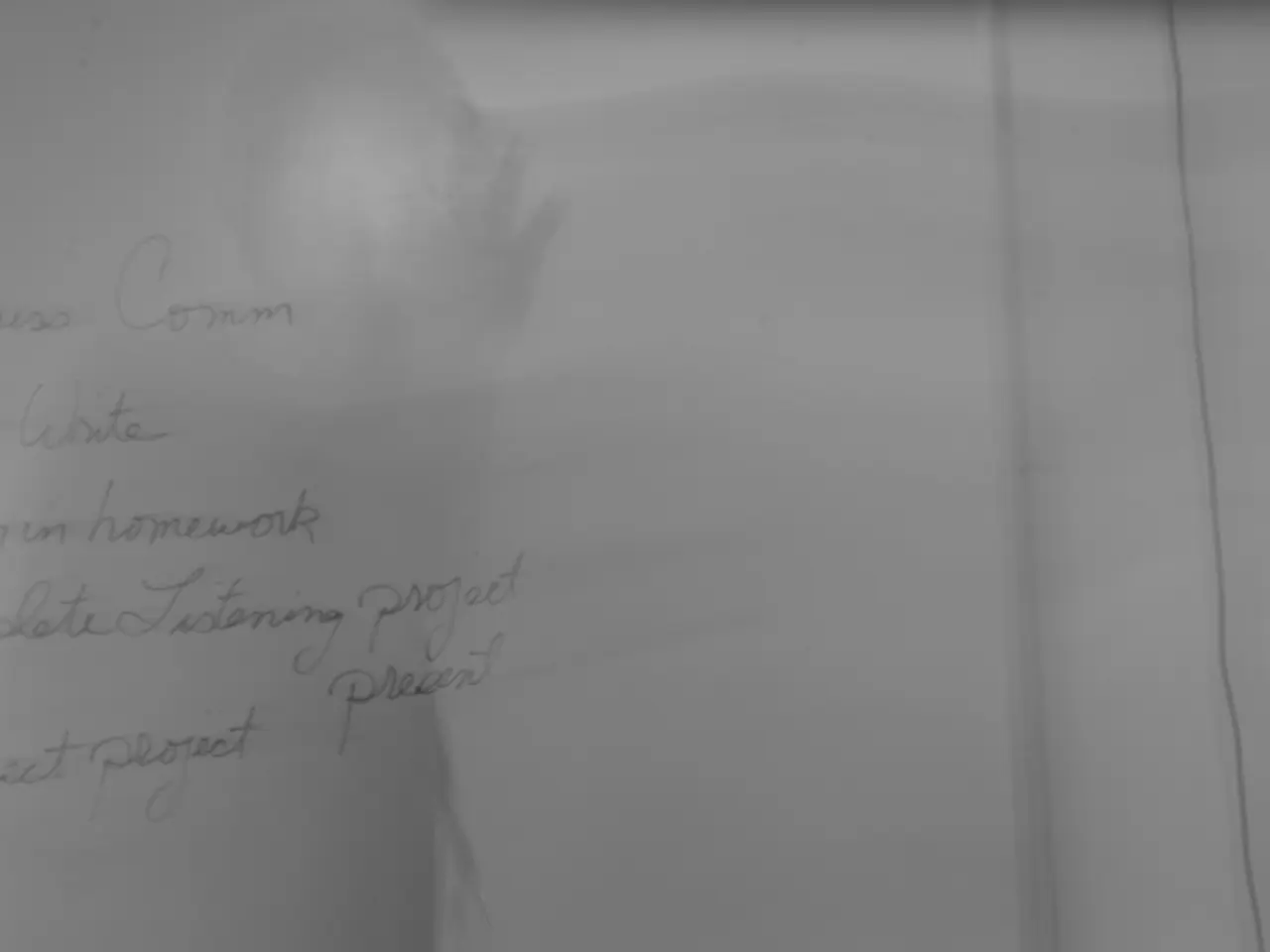Mitigating the Chance of Unauthorised Financial Deals
In the world of finance, the spectre of rogue trading looms large. This covert activity, often characterised by a lack of transparency, conflicts of interest, a flawed 'star system', or a warrior 'eat what you kill' or 'shoot the messenger' culture, can encourage undesirable behaviour that can lead to major losses and embarrass senior management.
However, it's not just the financial services industry that is prone to such calamities. The danger is universal, a reality that has been acknowledged across various sectors.
To combat this, several lines of defense have been established. Effective ongoing monitoring of key controls, oversight by an independent Chief Risk Officer and risk-management function, periodic evaluations by qualified internal auditors, and an effective escalation process for calling out rogue behaviour are all crucial components in this fight.
The second line of defense lies in the design of effective internal controls. This includes the segregation of authorization, execution, and settlement activities to prevent unauthorized trading or speculation.
But the battle against rogue trading is not just about systems and processes. The tone at the top, the values and attitudes set by executive management and the Board of Directors, plays a significant role. A positive tone at the top must be translated into an effective tone in the middle, influencing the risk culture of the organisation.
In 1994, Richard C. Breeden, in his article 'Directors: Control Your Derivatives' published in the Wall Street Journal, recommended that organisations like the New York Stock Exchange control the use of financial derivatives. This underscores the importance of valuing risk management as an important discipline.
Dysfunctional behaviour can undermine established policies and create organisational 'blind spots'. It's essential to remember that a healthy organisational culture, one that encourages transparency, accountability, and good governance, is the best defense against rogue trading.
In conclusion, while the threat of rogue trading remains, with the right systems, processes, and culture in place, organisations can significantly reduce their vulnerability to such activities. It's a continuous journey, one that requires vigilance and commitment from all stakeholders.
Read also:
- Deepwater Horizon Oil Spill: BP Faces Record-Breaking Settlement - Dubbed 'Largest Environmental Fine Ever Imposed'
- Lawsuit of Phenomenal Magnitude: FIFA under threat due to Diarra's verdict, accused of player injustice
- Fossil fuels remain the primary energy source for heating in Baden-Württemberg
- Expansion of railway systems, implementation of catenary systems, and combating fires: SNCF adapting to the summer heatwave




